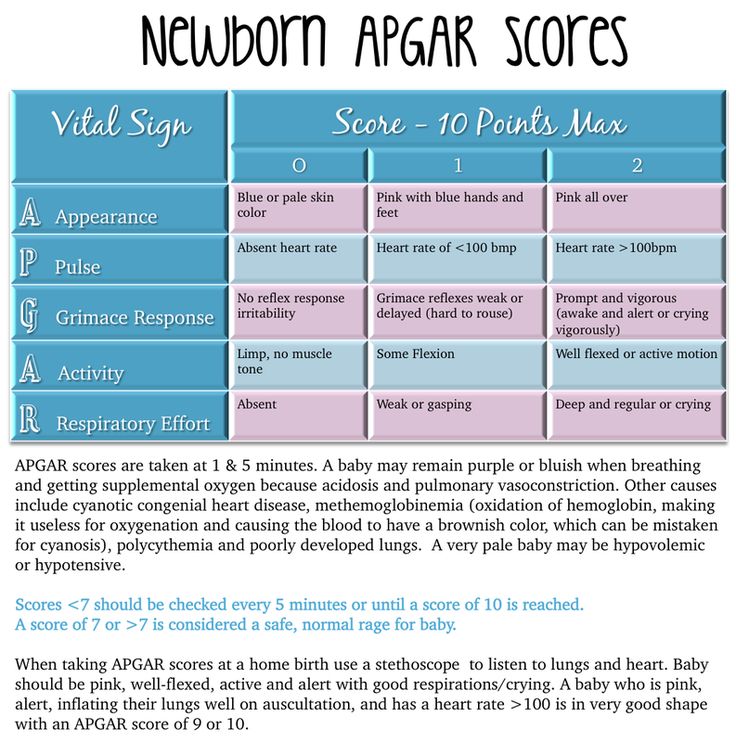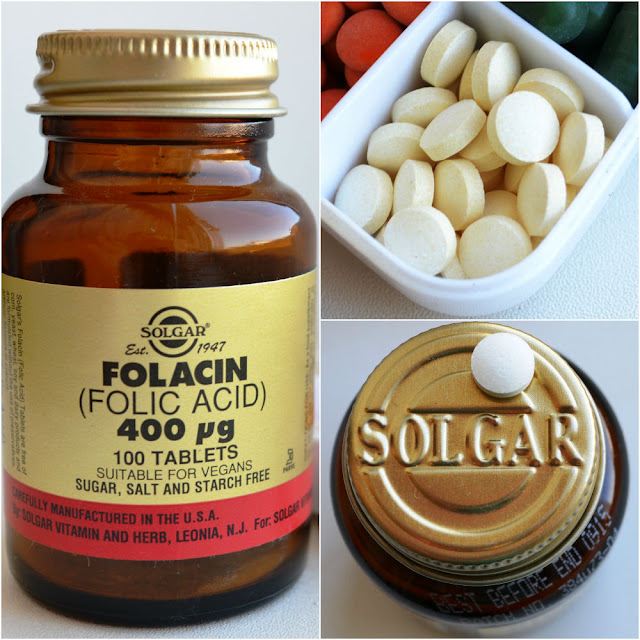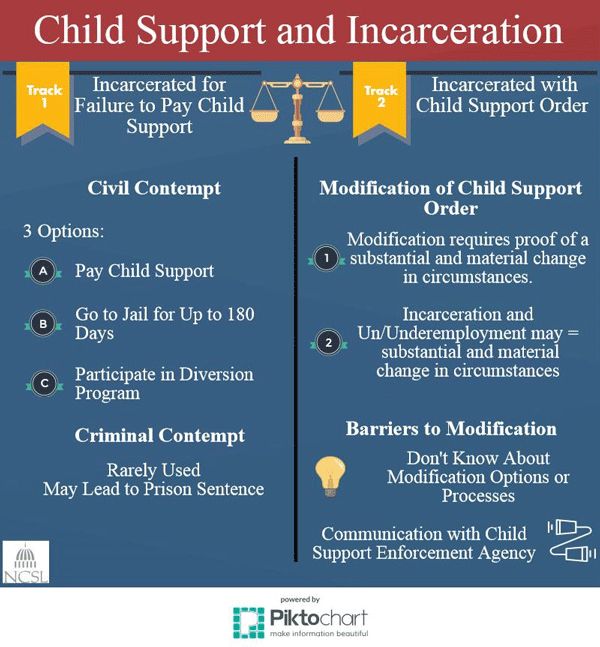Severe nasal congestion in pregnancy
Relief for Ongoing Nasal Congestion Is Possible
If you're expecting a baby, you may be dealing with a stuffy nose that doesn’t seem to go away. This hassle is called pregnancy rhinitis. The cause of this condition isn’t really clear. However, it may be caused by hormonal changes.Having a history of allergies or asthma does not raise your risk of getting pregnancy rhinitis.
More than just a stuffy nose
Pregnancy rhinitis is an inflammation of the mucous membranes lining the nose. This causes nasal congestion. Increased blood flow to the nasal passages and enlargement of the nasal veins also play a role.
Symptoms occur during pregnancy. They can last for several weeks. On top of feeling uncomfortable, your sleep may be disrupted. This is because the congestion gets worse when you lie down. This may make you to feel more tired during the day. Long-lasting congestion also can lead to complications. These can include sinusitis and ear infections.
Be cautious when seeking treatment
Many women use non-prescription, over-the-counter (OTC) decongestant sprays to open up their nasal passages. Know that these medicines don’t work for pregnancy rhinitis. These medicines may give you temporary relief. However, they may actually make your symptoms worse and lead to a complete nasal blockage.
How can you get relief from pregnancy rhinitis? Experts say you can breathe easy with these measures:
-
Don’t use OTC nasal decongestants.
-
Drink plenty of fluids.
-
Increase the humidity levels in your home. Use a humidifier.
-
Don’t use nasal irritants, such as cigarette smoke.
-
Get moving. Regular, moderate-intensity exercise can reduce congestion. It can also help you sleep better. But first, check with your healthcare provider to see what exercises are safe for you.
-
When you go to sleep, raise the head of your bed. For instance, use an extra pillow or a wedge.

-
Ask your healthcare provider about using OTC nasal strips and saline sprays or drops.
The good news? Even if you don’t do anything, you can expect your stuffy nose to clear up soon after your baby is born. It often goes away within two weeks of childbirth.
Online Medical Reviewer: Bowers, Nancy, RN, BSN, MPH Foley, Maryann, RN, BSN
Date Last Reviewed: 4/12/2016
© 2000-2019 The StayWell Company, LLC. 800 Township Line Road, Yardley, PA 19067. All rights reserved. This information is not intended as a substitute for professional medical care. Always follow your healthcare professional's instructions.
© 2000-2019 The StayWell Company, LLC. 800 Township Line Road, Yardley, PA 19067. All rights reserved. This information is not intended as a substitute for professional medical care. Always follow your healthcare professional's instructions.
Baby (and tissues!) on board: Tips for managing pregnancy rhinitis | Your Pregnancy Matters
×
What can we help you find?Refine your search: Find a Doctor Search Conditions & Treatments Find a Location
Appointment New Patient Appointment
or Call214-645-8300
MedBlog
Your Pregnancy Matters
October 6, 2020
Your Pregnancy Matters
Robyn Horsager-Boehrer, M.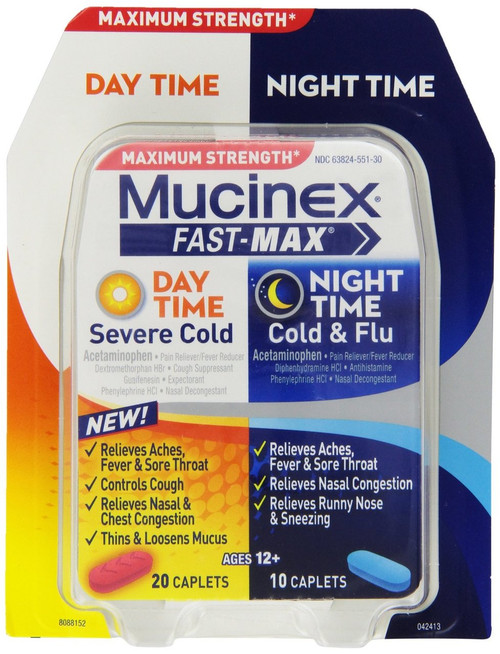 D. Obstetrics and Gynecology
D. Obstetrics and Gynecology
When you think of side effects or symptoms brought on by pregnancy, nasal congestion and runny nose are not typically among the first to come to mind.
But maybe they should. Having a stuffy nose, difficulty breathing or sleeping, and snoring when pregnant can be alarming, especially amid the COVID-19 pandemic and the start of flu season.
Pregnancy rhinitis, also called gestational rhinitis, is a common ailment in the second and third trimesters, affecting approximately 20% of women. Characterized by inflammation and swelling of the mucous membranes in the nose, pregnancy rhinitis symptoms include congestion (nasal obstruction), sneezing, postnasal drip, and runny nose. These symptoms can also lead to poor sleep when your growing belly might already be making it difficult to rest.
These symptoms can also lead to poor sleep when your growing belly might already be making it difficult to rest.
All these issues can dramatically affect your mood and quality of life. The good news is that, for most patients, pregnancy rhinitis is temporary and there are safe, effective treatments available.
I've invited my colleague, Ashleigh Halderman, M.D., an ear, nose, and throat specialist at UT Southwestern to explain in more detail the causes of pregnancy rhinitis and how patients can manage their symptoms.
What causes pregnancy rhinitis?
Dr. Ashleigh HaldermanThe root cause of rhinitis can be allergic (affected by environmental irritants) or non-allergic (caused by infection). However, we are still learning how rhinitis is related to pregnancy.
We know that smoking, as well as having chronic rhinitis before pregnancy, predisposes patients to developing pregnancy rhinitis. Research suggests a few more potential causes:
Research suggests a few more potential causes:
- Having extra fluid in the body: During pregnancy, the body makes more blood and fluids, which can cause swelling, even in unexpected places such as the nasal passages. Blood vessels in the nose can swell with this additional volume, causing stuffiness.
- Higher levels of estrogen: Estrogen in older formulations of birth control pills has been associated with a side effect of nasal obstruction. However, in studies of the menstrual cycle, we don't see congestion with fluctuating estrogen levels. So, the connection remains unclear for now.
- Creation of human growth hormone: The placenta creates a variant of the human growth hormone (HGH), which has been associated with nasal symptoms in other conditions. For example, tumors that grow on the pituitary glands secrete growth hormones, which can cause severe nasal congestion.
Gestational rhinitis is under-researched. Data to date suggest no known association of rhinitis with pre-existing asthma, maternal age, duration of pregnancy, or the number of times a patient has been pregnant.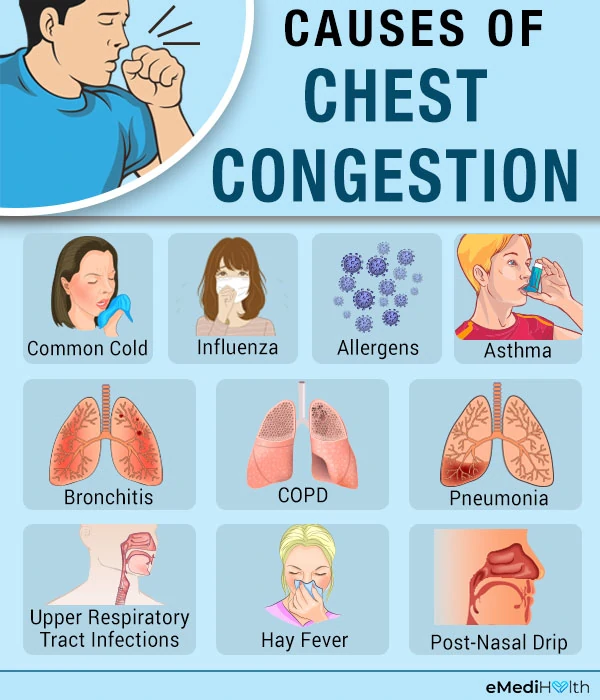 However, a recent study found that patients carrying female babies were diagnosed significantly more often than patients carrying male babies.
However, a recent study found that patients carrying female babies were diagnosed significantly more often than patients carrying male babies.
Related reading: How to manage allergies and asthma during pregnancy
How long do symptoms last?
The annoying, uncomfortable symptoms of pregnancy rhinitis typically last six weeks or longer. For most patients, symptoms typically resolve two weeks after delivery.
Approximately a third of patients who had chronic rhinitis before pregnancy will have the same level of symptoms during, and a third will experience worsening of rhinitis symptoms. However, the remaining third will have less severe or no symptoms during pregnancy. I've had many women tell me they've felt the best, sinus-wise, when they were pregnant. However, there's no specific reason why this occurs.
Related reading: 5 weird pregnancy symptoms you might not know about
What treatments are available?
The first step toward relief is a visit with your doctor to rule out infection, such as COVID-19, influenza, or sinusitis. We may also recommend testing for concerns such as sinusitis or pregnancy tumor (pyogenic granuloma) – a non-cancerous growth of blood vessels that may appear during pregnancy.
We may also recommend testing for concerns such as sinusitis or pregnancy tumor (pyogenic granuloma) – a non-cancerous growth of blood vessels that may appear during pregnancy.
From there, your doctor and Ob/Gyn may suggest:
- Getting regular exercise: Working out has been shown to significantly help relieve nasal congestion and regulate the sleep cycle. All the more reason to bust a move during pregnancy!
- Elevating your mattress: Try positioning the mattress so your whole body is situated at a 45-degree angle. While not widely studied, patients have reported that this helps clear the nasal passages enough to sleep.
- Using a humidifier: Adding a little moisture to the air can help alleviate nasal irritation. Many patients use them at night to wake up feeling less stuffy.
- Trying a sinus wash: Nasal saline sprays or sinus irrigation systems such as a neti pot can help clear the sinuses. Make sure to use distilled or boiled (and cooled) water – using water straight from the tap is not recommended.

Topical decongestants such as Afrin can be incredibly and immediately effective, but there is a risk of dependency. If you use this type of treatment more than once or twice a week, your nose can become "addicted" to it, which can lead to rhinitis medicamentosa – the spray will stop working as well, and your symptoms may get worse. Also, unlike gestational rhinitis, rhinitis medicamentosa won’t resolve after you deliver. It will only resolve when you stop using topical decongestants.
In general, pregnant patients can take decongestants that include pseudoephedrine as directed. However, we always recommend talking with your Ob/Gyn first, especially if you have high blood pressure.
Your Ob/Gyn might also recommend a steroid nasal spray, such as Flonase or Rhinocort, for severe symptoms. If you were using a spray to manage chronic rhinitis prior to pregnancy, your Ob/Gyn might advise you to keep using it during pregnancy. It is generally considered safe to use these products while breastfeeding, under your Ob/Gyn's guidance.
Your body will change in interesting ways during pregnancy. If you have new or unusual symptoms, call your doctor. We'll help you sort out what's normal from what could be a sinus infection or respiratory illness.
To talk with a doctor about nasal symptoms during pregnancy, call 214-645-8300 or request an appointment online.
More in: Your Pregnancy Matters
Your Pregnancy Matters
- Shivani Patel, M.D.
November 22, 2022
Your Pregnancy Matters
- Robyn Horsager-Boehrer, M.
 D.
D.
November 15, 2022
Your Pregnancy Matters
- Robyn Horsager-Boehrer, M.D.
November 7, 2022
Mental Health; Your Pregnancy Matters
- Robyn Horsager-Boehrer, M.
 D.
D.
October 11, 2022
Prevention; Your Pregnancy Matters
- Robyn Horsager-Boehrer, M.D.
October 4, 2022
Mental Health; Your Pregnancy Matters
- Meitra Doty, M.
 D.
D.
September 27, 2022
Your Pregnancy Matters
- Robyn Horsager-Boehrer, M.D.
September 20, 2022
Men's Health; Women's Health; Your Pregnancy Matters
- Yair Lotan, M.
 D.
D.
September 6, 2022
Your Pregnancy Matters
August 29, 2022
More Articles
Pregnancy rhinitis - why does it occur and how to treat it?
Rhinitis of pregnant women is not dangerous, but worsens the quality of life of a woman during pregnancy.Article rating
3.26 (Votes: 38)
Contents
- How long does pregnancy rhinitis occur and how long does it last?
- Symptoms of pregnancy rhinitis
- Causes of pregnancy rhinitis
- How to distinguish the symptoms of rhinitis during pregnancy from other pathologies?
- Treatment of rhinitis of pregnant women
- General recommendations for pregnant women who have symptoms of rhinitis
- Drugs for the treatment of rhinitis
Rhinitis of pregnancy (nasal obstruction) is a common pathology that occurs in about 30% of expectant mothers.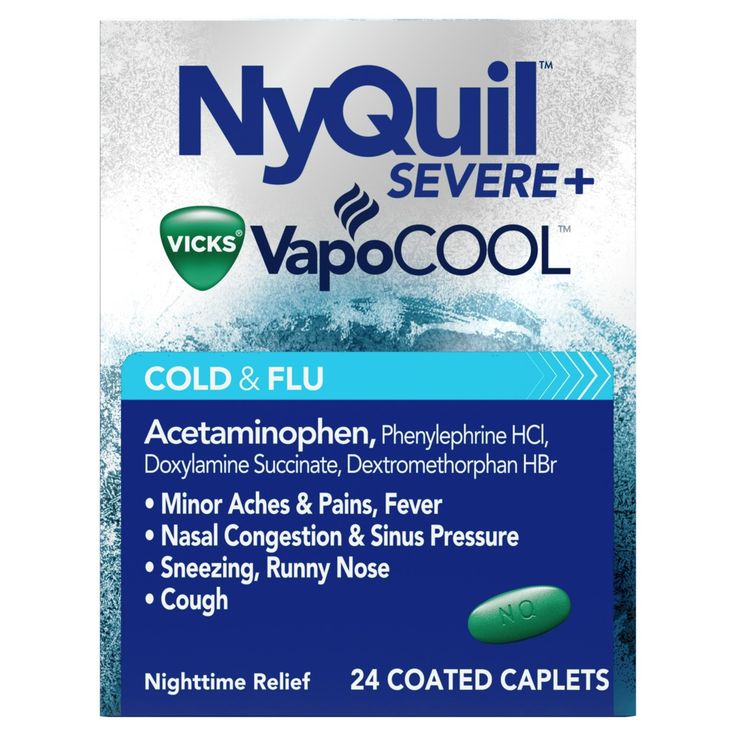 Manifested by a typical triad of symptoms: nasal congestion, difficulty breathing, the presence of mucous secretions. By itself, it is not dangerous, but worsens the quality of life of a woman during pregnancy. The difficulty of stopping the pathology and relieving symptoms lies in the fact that during pregnancy there are restrictions on the use of a number of physiotherapeutic methods and drugs.
Manifested by a typical triad of symptoms: nasal congestion, difficulty breathing, the presence of mucous secretions. By itself, it is not dangerous, but worsens the quality of life of a woman during pregnancy. The difficulty of stopping the pathology and relieving symptoms lies in the fact that during pregnancy there are restrictions on the use of a number of physiotherapeutic methods and drugs.
When does pregnancy rhinitis occur and how long does it last?
Most often, pathology occurs:
- up to and including the 20th week of pregnancy - in this case, rhinitis usually resolves on its own (after about a month or two) and does not manifest itself in the later stages;
- after the 20th week of pregnancy - this condition can continue until childbirth and after them (after 2-3 weeks).
If the symptoms last longer than two months and are not relieved by any independent action (vasoconstrictor sprays are prohibited!), then the cause may be hiding in a chronic disease.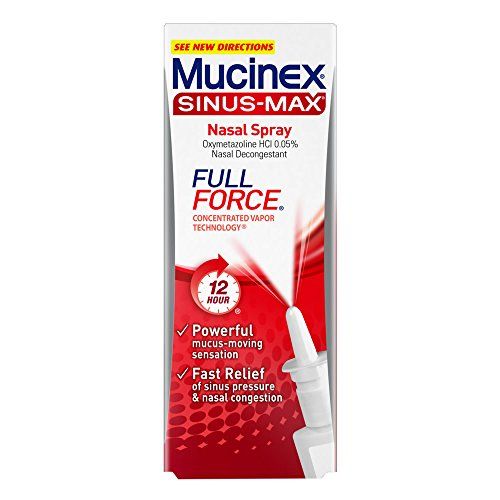
Symptoms of pregnancy rhinitis
- Difficult nasal breathing, nasal congestion;
- Nasal discomfort, sneezing;
- Presence of clear mucous discharge;
- Feeling of constriction in the region of the nose and sinuses;
- Mild headaches.
Difficulty in nasal breathing in the mother leads to sleep disturbance and hypoxia, which is also felt by the fetus.
Causes of pregnancy rhinitis
The pathogenesis of the disease is still a controversial issue. Most doctors are inclined to believe that it is of a hormonal nature and is associated with an increased level of estrogen and acetylcholine in the blood serum (as a result), which leads to hyperemia of the nasal mucosa and swelling. The concentration of estradiol, estrone, estriol in the bloodstream of pregnant women increases, in some future mothers, for this reason, the shape of the nose may change, it may increase in size.
There is evidence that pregnant women with symptoms of vasomotor rhinitis have elevated serum placental hormone levels. Another reason that can cause long-term nasal obstruction is the tone of smooth muscle cells under the influence of the inhibitory action of the steroid hormone progesterone. It causes fluid retention in the body and has such a side effect on the nasal mucosa.
Another reason that can cause long-term nasal obstruction is the tone of smooth muscle cells under the influence of the inhibitory action of the steroid hormone progesterone. It causes fluid retention in the body and has such a side effect on the nasal mucosa.
Histochemical studies have shown that nasal congestion may occur due to plethora due to hyperactivity of the parasympathetic nervous system in pregnant women.
How to distinguish the symptoms of pregnancy rhinitis from other pathologies?
Symptoms of rhinitis during pregnancy are really similar to manifestations of other diseases, for example, viral infections, sinusitis. It is difficult for a future mother to distinguish a pathology by external signs, therefore a doctor's consultation is necessary. Our clinic employs specialists with extensive experience who will quickly diagnose and prescribe treatment.
If the symptoms are accompanied by a sore throat, fever, then this indicates the presence of a bacterial and/or viral infection or other inflammatory process.
With sinusitis, the mucous discharge may have a yellowish or greenish tint. When pressing in the area of the maxillary and frontal sinuses, there are painful sensations, when the head is tilted, the pain may intensify. Also, sinusitis often causes fever, whereas with nasal obstruction, such symptoms are not observed.
Sometimes rhinitis of pregnancy is confused with allergic rhinitis, which may worsen, there may be sensitization to allergens to which patients have not previously reported sensitivity.
Treatment of pregnancy rhinitis
In our clinic, a thorough diagnosis is carried out in order to exclude diseases similar to rhinitis in terms of symptoms. After the examination, individual treatment is prescribed depending on the severity, severity and indications.
Treatment is complicated by the fact that many drugs can cause contraction of the myometrium and fetal circulation or vasoconstriction with impaired placental function. Therefore, a doctor should prescribe drug therapy, you can not use drugs on your own - they can cause a violation of the development of the fetus.
General advice for pregnant women with symptoms of rhinitis
- Washing the nose with mild saline solution (2 teaspoons of sea salt per glass of water). Salt solution improves the discharge of nasal mucus and reduces the feeling of congestion.
- Nasal douches (nose washers) are very helpful. You can use regular saline for them.
- Ventilate the room before going to bed, use humidifiers. Dry air can exacerbate unpleasant symptoms.
- Use a high pillow (or multiple pillows) to sleep with your head well above your torso.
- Walking in the fresh air before going to bed is useful.
- Do morning exercises and breathing exercises several times a day to reduce the symptoms of hypoxia.
- Do not wear perfume and stay away from smokers.
Do not use vasoconstrictor nasal drops during pregnancy as they may cause vasomotor rhinitis.
Preparations for the treatment of rhinitis
Preparations for use during pregnancy are selected with great care and individually. Pregnant women are not given oral systemic corticosteroids, although their effect on the fetus is not fully understood. In some cases, the doctor prescribes corticosteroids in the form of aerosols. Oral antihistamines are also not prescribed due to the increased risk of embryopathies. The choice of physiotherapy is also limited, because most methods negatively affect the development of the fetus.
Pregnant women are not given oral systemic corticosteroids, although their effect on the fetus is not fully understood. In some cases, the doctor prescribes corticosteroids in the form of aerosols. Oral antihistamines are also not prescribed due to the increased risk of embryopathies. The choice of physiotherapy is also limited, because most methods negatively affect the development of the fetus.
If you suffer from rhinitis, headaches or other unpleasant symptoms, we advise you to see a doctor immediately. Timely treatment is the key to the quality of life of the mother, which is very important for bearing the fetus. And also allows you not to miss other more serious diseases that can adversely affect the health of the mother and child.
Important! Do not use drugs that were prescribed to you by a doctor before pregnancy, or drugs prescribed to someone else.
Rhinitis during pregnancy usually does not pose a threat to either the fetus or the mother, but improper treatment can lead to unpredictable consequences.
Seeing a doctor early can help keep you healthy.
Don't delay treatment, call now. We work around the clock in Moscow.
tel.: 8 (499) 501-15-53 (24 hours)
Prolonged nasal congestion (rhinitis) in pregnant women
Article rating
3.62 (Votes: 13)
Contents
- Causes of prolonged nasal congestion and rhinitis in pregnant women
- The frequency of occurrence of rhinitis of pregnant women
- What are we afraid of in pregnancy rhinitis?
- What to do if you are pregnant and you are suffering from a persistent runny nose and nasal congestion?
One of the most common distressing problems of pregnant women is rhinitis of pregnancy (swelling of the nasal mucosa, accompanied by difficulty in nasal breathing, in some cases with increased mucus production or without it).
Causes of prolonged nasal congestion and rhinitis in pregnant women
- Increased hormonal levels of progesterone, estrogen.
- Emotional stress (which is pregnancy itself)
- An increase in the volume of circulating blood, which increases the blood supply, including the lower turbinates.
- Gastroesophageal reflux - reflux of acidic contents of the stomach into the esophagus and nasopharynx due to an increase in the volume of the uterus (change in acidity causes the development of swelling of the nasal mucosa.)
The incidence of rhinitis in pregnant women more or less pronounced symptoms of prolonged (more than 6 weeks) nasal congestion, which can develop at any period of pregnancy, but most often in the II-III trimesters of pregnancy (from 12 to 38 weeks), which is understandable, based on the listed reasons for its occurrence.
A feature of rhinitis of pregnancy is that its symptoms completely disappear 2 weeks after delivery.
What are we afraid of in pregnancy rhinitis?
Despite the fact that prolonged nasal congestion and rhinitis in pregnant women accompanies a large number of women, unfortunately, if left unattended, these symptoms can lead to serious complications:
- Firstly, it is very easy to get naphthyzinum if a woman independently and uncontrollably uses vasoconstrictor drops, and this is highly undesirable during pregnancy, since the part of the drug that enters the bloodstream causes vasoconstriction and the entire vascular system and internal organs, including placental vessels, especially this it is dangerous if a pregnant woman has high blood pressure and a rapid heartbeat, these indicators may worsen while taking drops.
- Secondly: against the background of a pronounced prolonged edema and blockage of the fistulas of the paranasal sinuses, with hypothermia or contact with an infection, it is possible to develop inflammation in the sinuses: sinusitis, sinusitis, frontal sinusitis, which will entail serious treatment, antibiotic therapy and infectious intoxication of the mother and fetus.

- Thirdly: prolonged obstruction of nasal breathing naturally entails the formation of moderate hypoxia (lack of oxygen in the blood) from which both the woman herself suffers (headaches, fatigue, mood depression) and the fetus.
What to do if you are pregnant and you suffer from persistent runny nose and nasal congestion?
Be sure to contact a specialized ENT clinic or ENT office, an otorhinolaryngologist, who, first of all, will conduct a safe and permitted diagnosis during pregnancy.
For example, in the ENT clinic plus 1, you will have an endoscopy of the ENT organs, including the deep sections of the nose and nasopharynx; to exclude inflammation of the paranasal sinuses, an ultrasound of the paranasal sinuses will be done; if necessary, laboratory diagnostic methods will be carried out. All these methods are absolutely painless, do not require any preparation and have no contraindications at any stage of pregnancy.
After making a diagnosis and prescribing (if necessary) drug therapy, you will be offered methods of hardware treatment, which are also allowed at any stage of pregnancy and are highly effective in removing nasal breathing blockage: UZOL-therapy, photochromotherapy.

